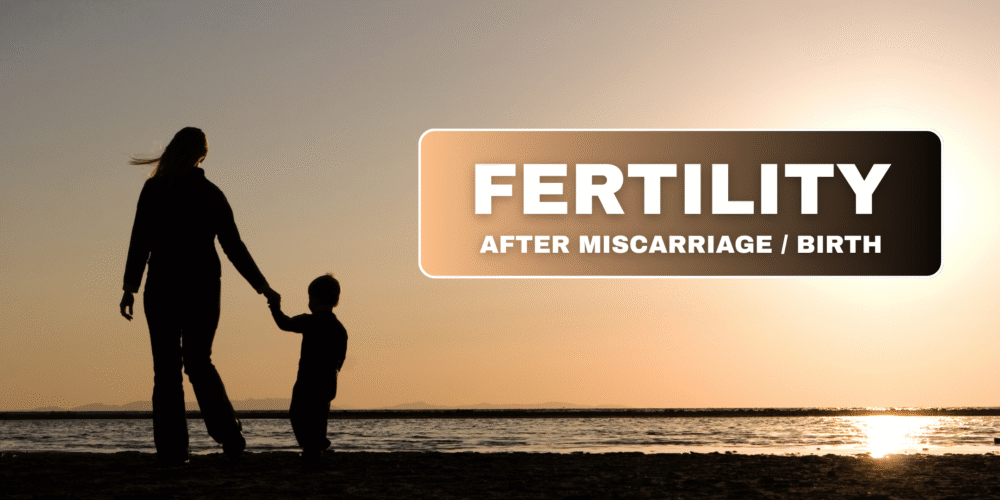
Fertility After Miscarriage or Birth – What Happens Next?
Experiencing a miscarriage or difficulties conceiving after having a child can be deeply emotional. Many couples wonder whether their fertility has changed, and what steps they should take next. At Marylebone Diagnostic Centre, 73 Baker Street, London W1U 6RD, we provide advanced fertility MOTs and screening tests to help you understand your reproductive health and plan your next steps with confidence.
Fertility After Miscarriage
A miscarriage does not always mean there is an ongoing fertility problem. In fact, most women who miscarry will go on to have a healthy pregnancy. However, if you have experienced recurrent miscarriage (two or more losses), a fertility investigation is recommended.
Common reasons for miscarriage include:
- Chromosomal abnormalities in the embryo (often a chance event).
- Hormonal issues, such as thyroid dysfunction or low progesterone.
- Blood clotting disorders or autoimmune factors.
- Uterine abnormalities, such as fibroids or scar tissue.
- Lifestyle factors – smoking, alcohol, stress, or poor diet.
At MDC, our Fertility After Miscarriage Profile includes hormone tests, thyroid checks, clotting markers, and vitamin levels.
Fertility After Birth
Some couples struggle to conceive after already having one child. This is known as secondary infertility.
- For women: Age, changes in hormone balance, scarring after birth, or new conditions like PCOS or endometriosis.
- For men: Declining sperm quality, DNA fragmentation, or lifestyle changes.
Secondary infertility is more common than many realise, but it can often be treated with the right investigations and support.
When Fertility Is High
After a miscarriage or birth, your fertility window follows the same biological rhythm as before. Ovulation usually occurs 10–14 days after your period starts, although this may take time to settle after pregnancy or miscarriage.
If you are trying again, a fertility MOT London can help you understand when your body is ready.
Which Fertility Screening Tests Should You Consider?
- Women’s Fertility MOT: AMH, FSH, LH, thyroid, prolactin, oestradiol, vitamin D, folate, and iron studies.
- Recurrent Miscarriage Tests: Autoimmune markers, clotting studies, and hormone balance.
- Men’s Fertility MOT: Semen analysis, sperm photographs, DNA fragmentation, testosterone, and full hormone profile.
Explore our Fertility Profiles for Men and Women.
FAQs
Why Choose MDC?
- Advanced fertility screening tests near me
- Same-day Appointment for many hormone and semen tests
- Compassionate, confidential service
- Convenient location in Central London, 73 Baker Street
At MDC, we guide you through the fertility journey with clarity, empathy, and clinical excellence.
Next Step
Book your Fertility MOT or Fertility After Miscarriage Check today.
+44 7495 970109 | marylebonediagnosticcentre.com


